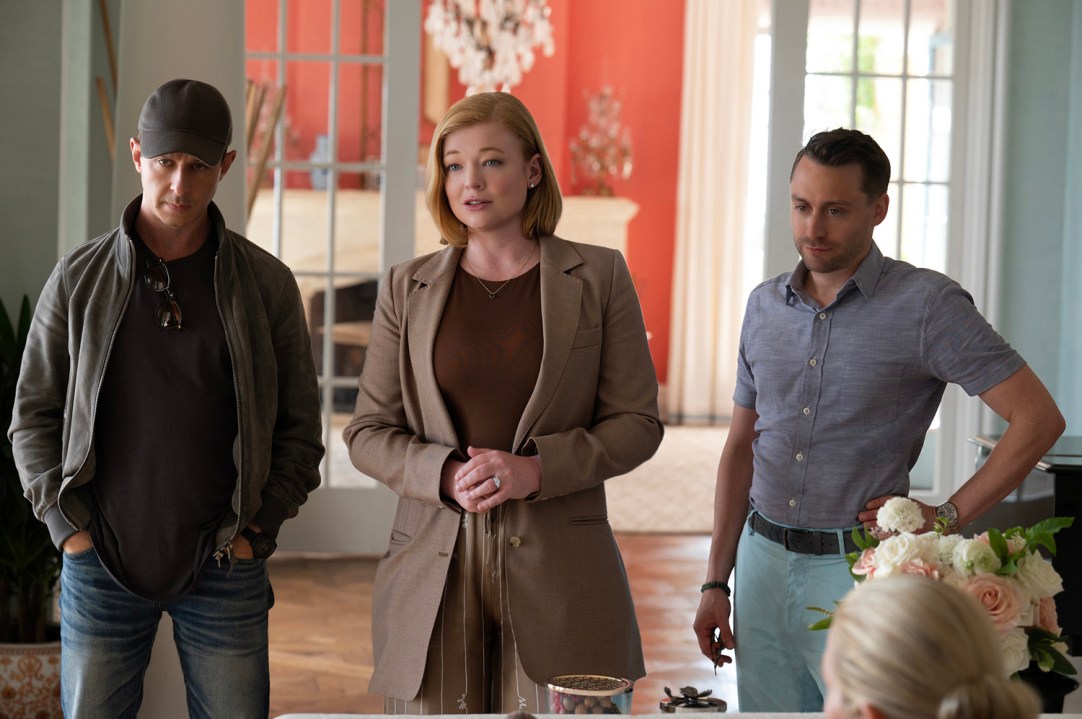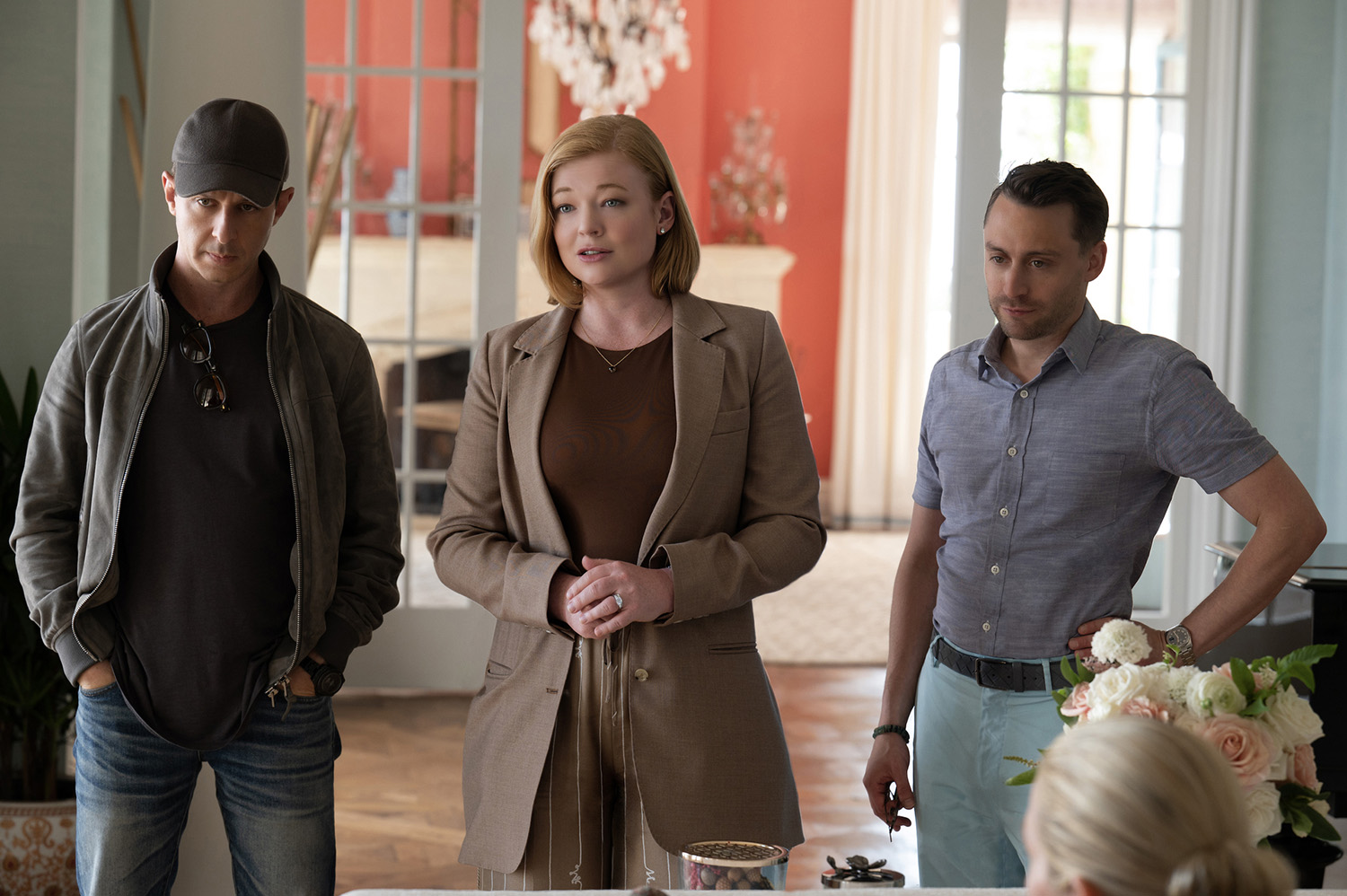There has always been something fitting about the idea that Succession will be the last great show on television. Logan Roy, the patriarch, is old media made flesh, slowly declining into debt and dementia. The show revelled in the fact that none of the next-in-line knew how to replicate him.
From its premiere in 2018 to its last episode this week, HBO’s dynastic drama stood out from a crowd of forgettable spin-offs and interchangeable franchises, amassing countless awards and millions of viewers.
Succession was tragically hilarious and hilariously tragic
Succession fast became appointment viewing: you couldn’t actually wait for the next episode to land. It offered a compelling plot, real-life intrigue, flawless acting, biting dialogue, a superlative score, and the jet-setting trappings of the super-rich.
There’s a case to be made that Succession was so successful at depicting the struggles of modern American power because it was actually quite British. Jesse Armstrong, the English creator, was able to tell the story of the Roys from a healthy distance, with little self-consciousness about their American identity or their class. And of course Logan is quite obviously Scottish. His most intriguing ex-wife, the mother of three of his children, is a pitch-perfectly nasty English aristocrat.
But all good things must come to an end, and it’s probably for the best Succession has called it a day. I loved it, but I couldn’t help but think this series was starting to fray around the edges.
In places, especially in the last series, the drama began to feel less timeless – and much, much more American. Despite debuting halfway through Donald Trump’s time in the White House, Succession’s first three series were largely devoid of the palpable sense of panic that has dominated much of America’s cultural landscape in the last seven years. But at times the ghost haunting the screen seemed to be the 45th president, not Logan Roy.
A transparent series of comments about post-Trumpian politics sometimes risked superseding the drama – and then Succession felt like an entirely different show. Kendall underwent a crisis of conscience when his school-age daughter was attacked in the street, and for the avoidance of any doubt, we’re told that this is a direct consequence of ATN’s poisonous output. This was one of the few times the show came close to lecturing.
Later in the series a cartoonishly villainous right-wing populist cried election fraud and, aided by the Roys’ TV network ATN, appears to win the White House. Never mind that in its closest real-life parallel, Murdoch’s Fox angered Trump and his supporters by calling Arizona for Biden. And, as the children struggle to articulate Logan’s legacy at his funeral, the show’s writers decide no metaphor is too on the nose: outside the service New York has descended into mob violence as America goes up in flames.
At its best, Succession was a universal story about an overbearing father and his ever-disappointing children. Jesse Armstrong married Murdoch’s story with King Lear, and the result was Shakespearean in scope. At its worst, it was an elite-values morality play about the perils of fake news.
Happily, the good almost always outweighed the bad. Succession was tragically hilarious and hilariously tragic. The show’s writers made clear that the super-rich are just as miserable as the rest of us, they avoided sermonising about the evils of money.
The central characters were almost all capable of warmth and weakness. Even more refreshingly, their politics were rarely valorised; Shiv’s girl-boss progressivism was treated with as much suspicion and disdain as Roman’s nihilistic populism. Everybody knew that the ATN story was a nod to Fox News and the Trump story. But overall that was the less absorbing part of the show: the family drama that took centre-stage.
We first met the family’s fearsome patriarch not in a boardroom or private jet, but stumbling around, senile, in his pants. Four series later we said goodbye to him at a funeral which laid bare the entire spectrum of grief as the extended family came to terms with Logan’s passing. His funeral, in the penultimate episode, was a masterpiece: the children stumbling through their eulogies, the mistresses consoling each other, and cousin Greg vainly pushing for a star ceremonial role.
In the end, the Roy children were finally forced to accept what Logan had been grappling with for years: that none of them were up to the job they each considered their birthright. And as the Succession credits rolled for the final time, I found myself asking, will we ever see another Logan Roy?







Comments